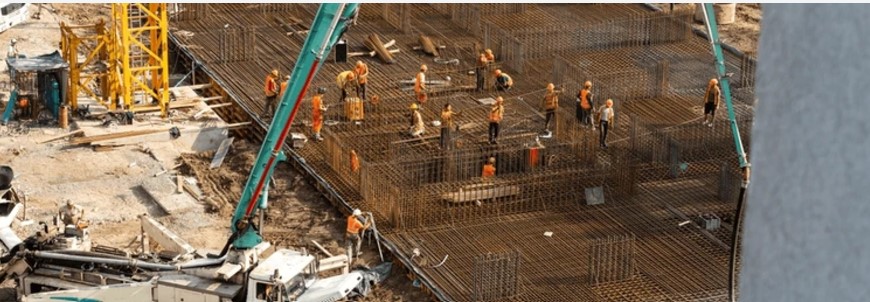Superintendent Brisbane
Role of a superintendent
The superintendent’s role will be defined by the relevant terms of the construction contract and by the common law. In general, the superintendent’s role is to ‘administer’ the contract and ensure the contractual obligations are performed.
Under a traditional construction contract, the superintendent has two separate and distinct roles:
- to act as agent for the principal; and
- to act as an independent certifier.

Acting as agent for principal
As agent for the principal, the superintendent must act in the principal’s best interests and following the contractual obligations on the principal.
CONTACT US FOR A FREE QUOTE
- Specific functions of the superintendent when acting as agent include:

- issuing directions to the contractor on behalf of the principal;
- approving programs; approving subcontractors;
- ordering variations.
- examining and testing materials; postponement and suspension of work; and
- controlling employees; resolving contract document ambiguities;
There is a view that there is tension between the superintendent’s role as agent and that as a certifier. However, as the following case study outlines, the two roles do co-exist under Australian law where the superintendent is not to act simply to further the principal’s interests.
Acting as agent for principal
In this role, the superintendent must act as a determiner, assessor or valuer under the contract. The superintendent must act honestly, fairly, impartially and without bias when certifying any claims. As the duties of a certifier override the agency obligations the superintendent owes to the principal, the principal cannot direct the superintendent how to act as a certifier.
- The types of issues the superintendent may be asked to certify include:
- extensions of time;
- the amount of delay costs payable to the contractor; payment certificates; issuing final certificates and certificates of practical completion;
- payment of liquidated damages;
- certifying costs incurred by the principal when work is taken out of the hands of the contractor; or disputes.